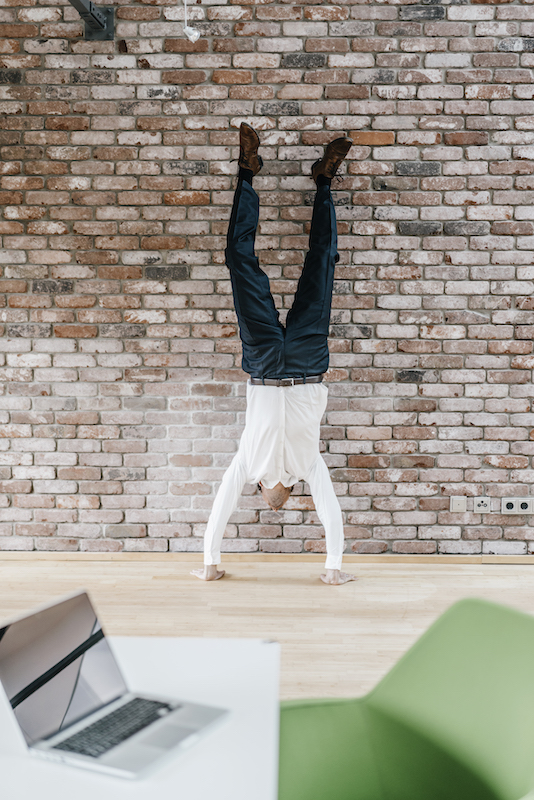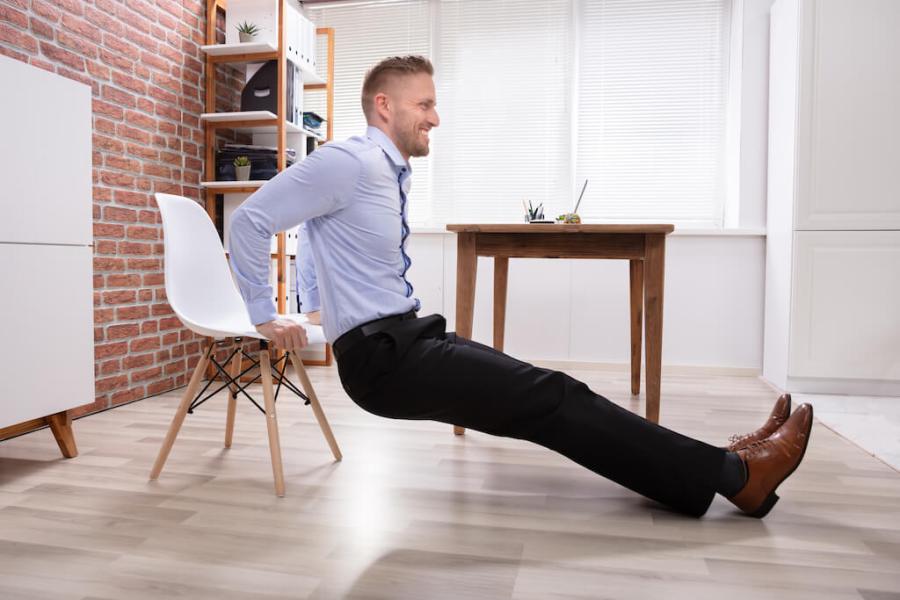Game-changing new research suggests ‘snacking’ on smalls chunks of exercise during the day can reverse the health damage caused by a desk-based lifestyle.
The World Health Organisation (WHO) has made an important change to their exercise advice, which has gone largely unnoticed by the world’s media amid the Covid chaos.
In their freshly updated Guidelines on Physical Activity, the minimum recommended exercise time – which was previously ten minutes – has disappeared.
That’s because new research has shown that ‘exercise snacking’ – completing short, micro-bursts of exercise during the day – can combat the negative effects of a sedentary lifestyle and protect heart health.
The WHO still recommends that we aim for 150–300 minutes of moderate exercise or 75–150 minutes of vigorous activity per week.
But the length of each session no longer matters: even a 30-second blast is good for you. “Moderate to vigorous physical activity bouts of any duration now count towards these recommendations, reflecting new evidence to support the value of total physical activity volume, regardless of bout length,” explained the WHO.

Exercise snacking – such as knocking out ten lunges before your morning coffee, or sprinting up the stairs to your bedroom office – has been of growing interest to scientists.
A study in The Lancet found that the benefits of exercise stem from your very first step or lift. And according to a paper in the European Journal of Applied Physiology, subjects who did just three 20-second bike sprints, three times per day, for three days per week, enjoyed a nine per cent gain in cardiorespiratory fitness.
Dr Oliver Perkin, an Exercise Physiology Researcher at the University of Bath, believes this kind of exercise is a smart way to combat the sedentary lifestyles caused by desk jobs and lockdowns:
“Our research on exercise snacking suggests that it is a potentially useful strategy to fit very short bouts of exercise in a couple of times a day, so it may be a good way to break up extended periods of time spent being sedentary.”
Words: Mark Bailey







